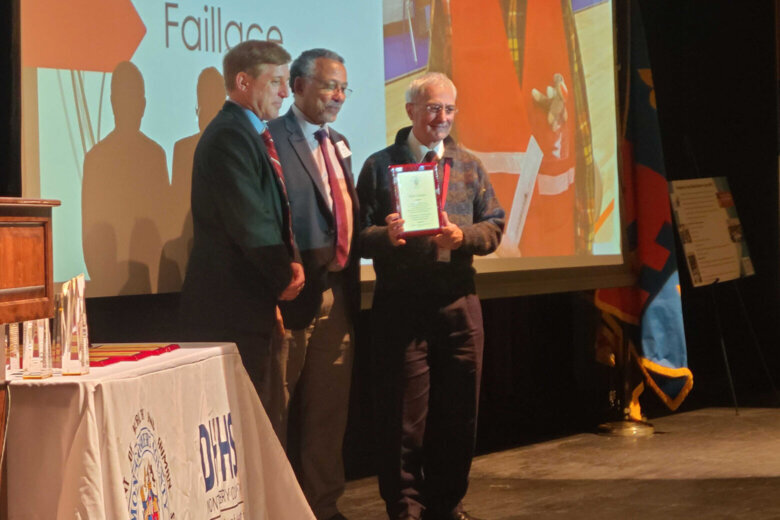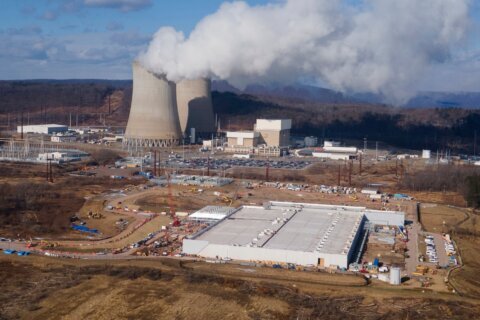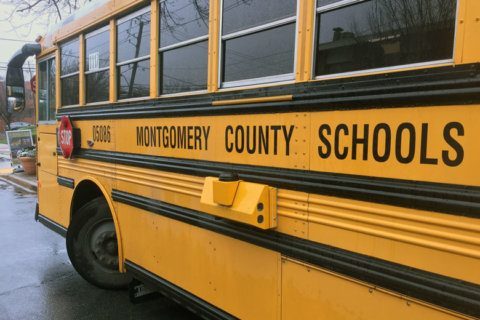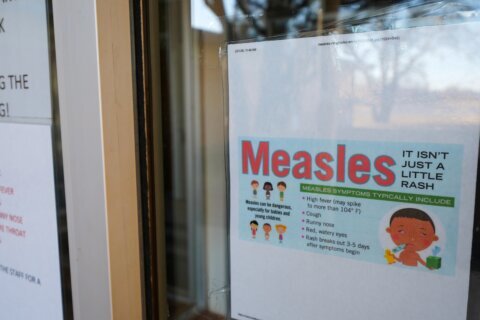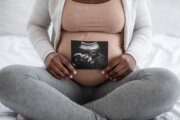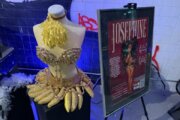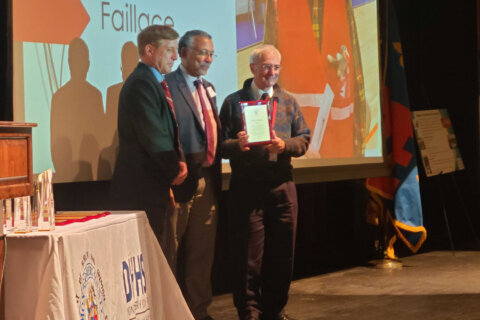
Marking almost three years since the start of the pandemic, hundreds of volunteers on the front line of the COVID-19 response in Montgomery County, Maryland, were recognized for their service on Thursday night.
Volunteers with the Montgomery County Medical Reserve Corps were recognized for logging anywhere from 75 to 500 hours of service.
In total, volunteers clocked more than 82,000 hours throughout the peak of the pandemic.
Sean O’Donnell, Montgomery County’s public health emergency preparedness manager, said the service organization — which was started after 9/11 — had a couple hundred volunteers considered active when the pandemic started.
As the first cases of the virus popped up, the phone started ringing off the hook at the county’s Department of Health and Human Services with concerned citizens looking for advice on what to do if symptoms came up.
O’Donnell said they started reaching out to volunteers and the next day, a couple dozen people showed up. O’Donnell said the numbers eventually grew to around 1,000 doctors, nurses and pharmacists.
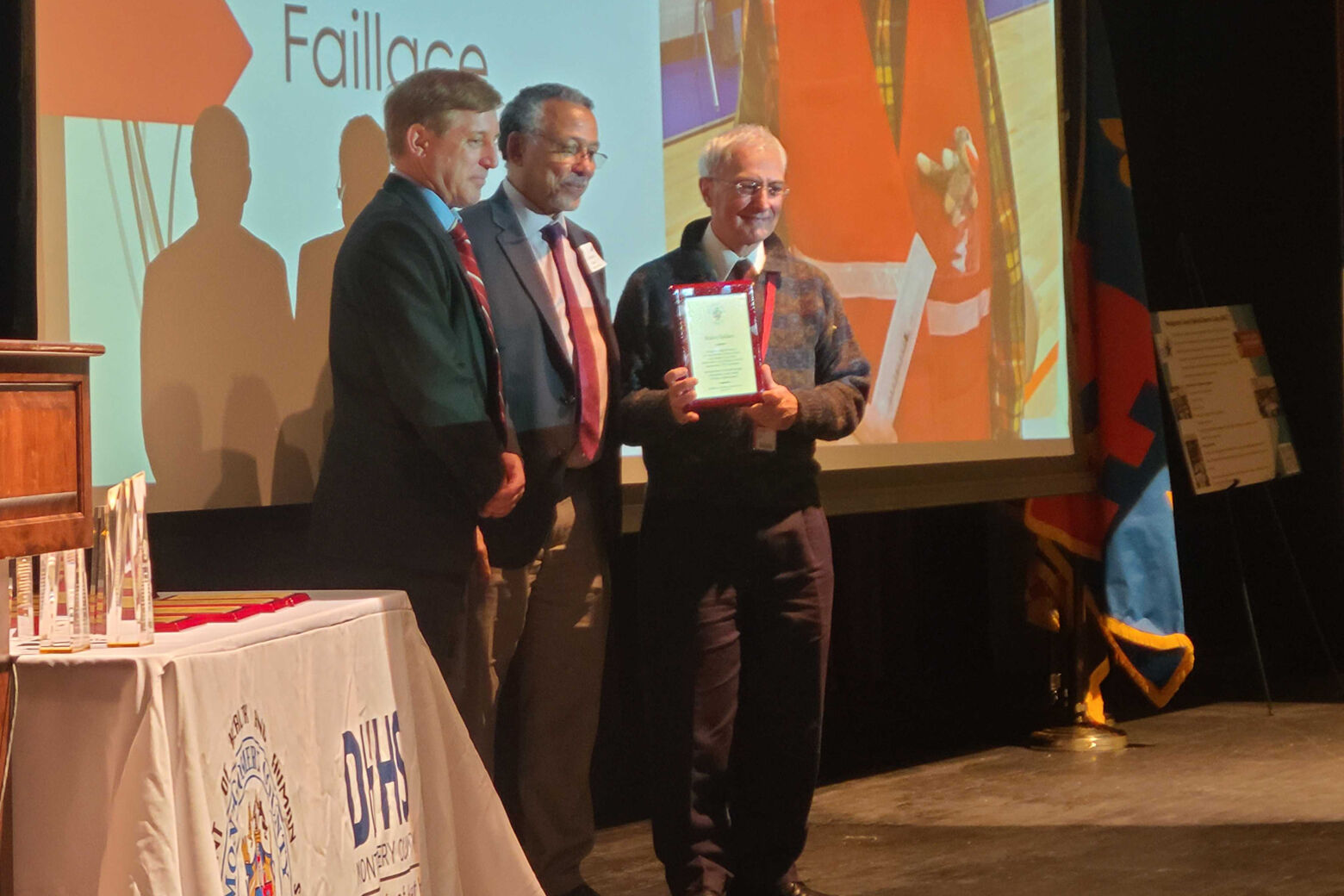
Volunteers worked at vaccination and testing clinics, food distribution sites and the COVID-19 call center. In all, they saved Montgomery County an estimated $3.1 million during this especially strenuous time.
James Chiu, one of two Montgomery County Medical Reserve Corps volunteers who logged over 500 hours during the pandemic recalled thinking, “I’m retired. I’m still healthy and I have the knowledge. I just thought that would be a good opportunity to use that time to be able to be involved.”
Before retirement, Chiu worked in vaccine development as an infectious disease doctor. During the pandemic, he worked at the testing sites and vaccine clinics, helping people understand COVID-19 while dispelling misinformation.
“Through this experience, I was able to meet other like-minded people working together for a common cause,” Chiu said. “That camaraderie — it’s really very, very meaningful to me.”
O’Donnell said teleworking opened opportunities for more to volunteer, many who came from a variety of backgrounds including emergency response, federal employees and biotechnology.
He recalled one volunteer who told him, “It was an opportunity for us to do something, when we were frustrated by this disease.”

